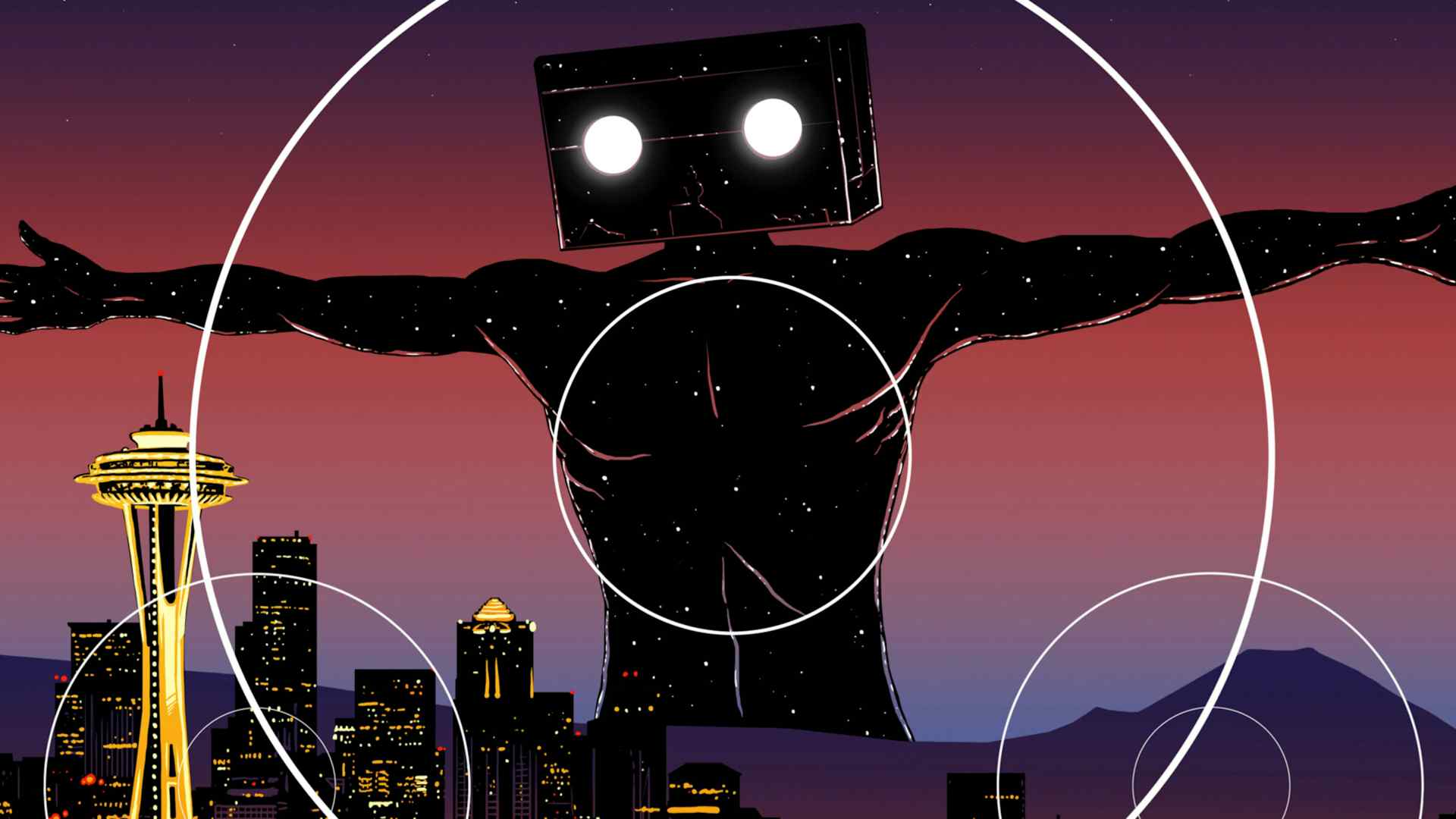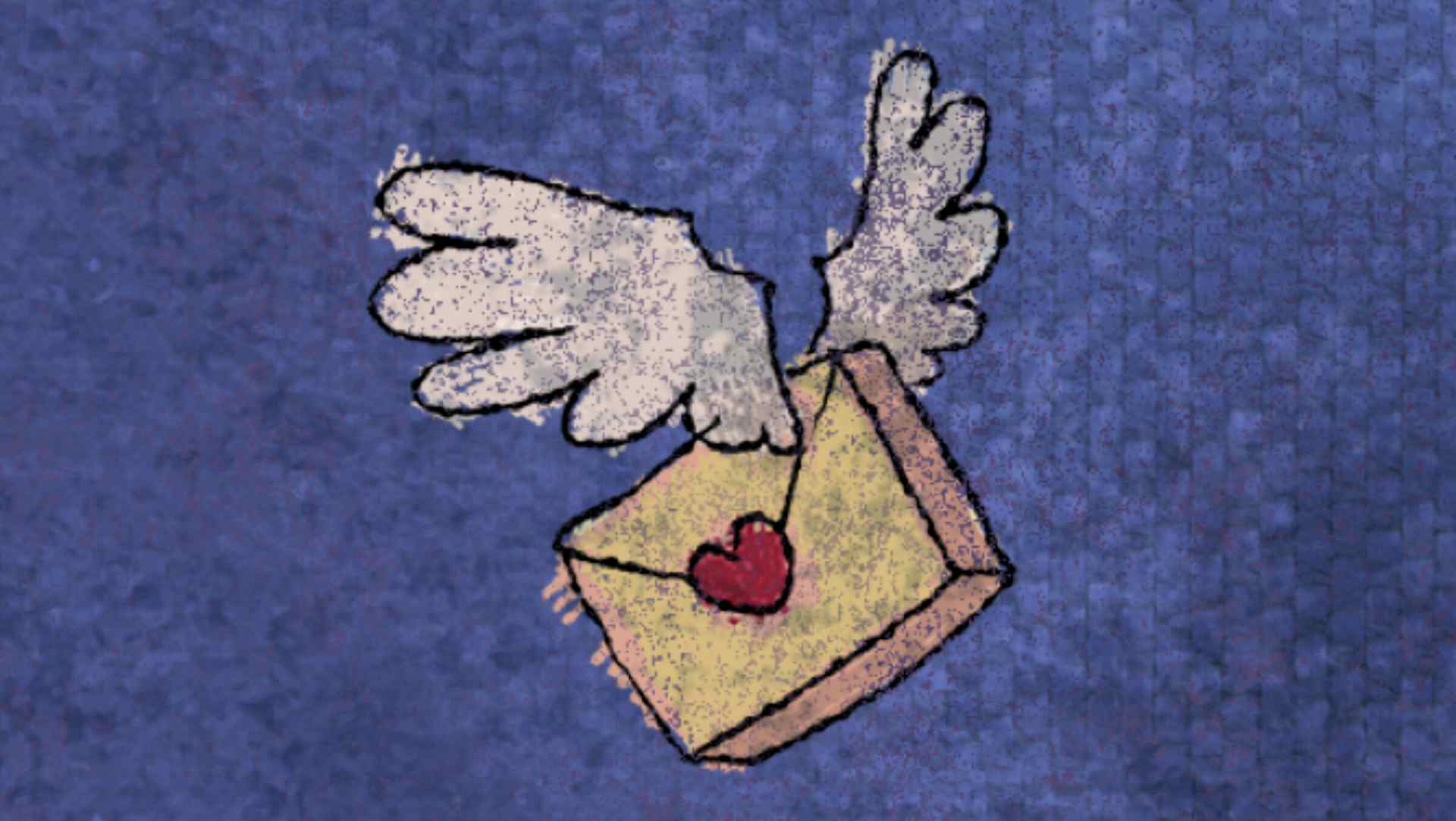Robert Horton is a Scarecrow board member and a longtime film critic. This series of "critic's notes" is chance to highlight worthy films playing locally and connect them to the riches of Scarecrow's collection.

SIFF is doing a Studio Ghibli festival, which is always nice, and it made me think of my affection for a Ghibli title that was not directed by Hayao Miyazaki. It might be thought of as a second-tier title because of that, but The Secret World of Arrietty is a special experience. So here's a take, originally published in The Herald in 2012 (I was obviously reviewing the English-dubbed version).
There's a nice pedigree behind The Secret World of Arrietty: despite the awkward title, it's based on a famous children's book, The Borrowers, and it's produced by the renowned Japanese animation company, Studio Ghibli.
And you don't need to know any of that to love this movie. Arrietty builds a quietly enchanting film from some very basic elements.
You know who the Borrowers are, don't you? They're the little people who live in your house, availing themselves of the occasional cookie, sugar cube, or length of thread—nothing you'd really miss, but just enough to keep their conditions livable.
Arrietty (voiced by Bridgit Mendler) lives in her home with her strict parents (Amy Poehler, Will Arnett). They have to be strict; it's a hard world for little things, and Borrowers must keep out of sight of human beings (or "beans," as they are known).
When a sickly human boy (David Henrie) comes to live in the house, it doesn't take long for him to spot the plucky Arrietty, and for a whole new chapter of the Borrowers' lives to begin. The characters come across in vivid detail, none more so than the suspicious housemaid, given great voice by that comedy pro, Carol Burnett. They're not complicated, but they have the mythic quality of so much classic kids literature.
The book, by Mary Norton, has been adapted here by the legendary filmmaker Hayao Miyazaki, the man who directed the Oscar-winning Spirited Away and Ponyo. He did not direct this one (those duties go to Hiromasa Yonemayashi), but the movie feels like one of his classics: lushly drawn, gentle, with a real understanding of how childhood imagination works.
It's irresistible to daydream about the possibility of tiny folk living in the floorboards, and the world of the Borrowers is created with careful specifics. So is the process by which they get around the human beans' house, or elude detection by the local cat.
The filmmakers take great care to get it right: when water drops from a tiny teapot, it emerges as a single, honey-like blob (gravity must be taken into account), and when a grandfather clock strikes the hour, or leaves of grass shudder in the wind, the sound becomes unusually loud, as though we were hearing things the way the Borrowers hear them.
Great ending, too. Instead of rounding off everything neatly, there's a strong sense of a new adventure waiting around the bend—not because it makes room for a possible sequel, but because life unfolds like that sometimes. In this case, a sequel might not be a bad thing.
November 1, 2024


